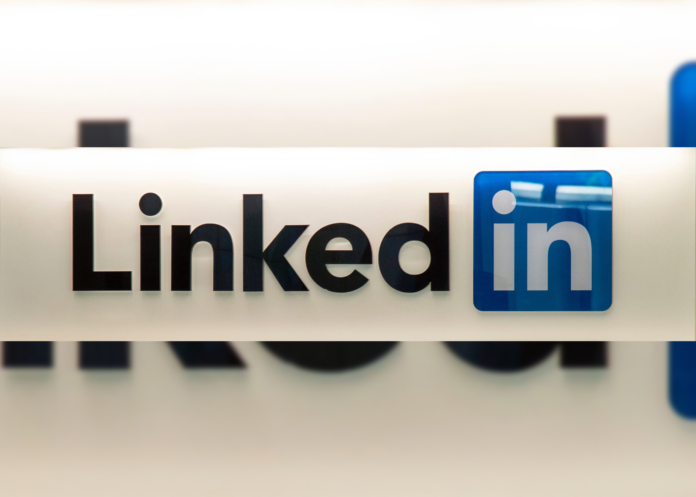
The Colorado Judicial Ethics Advisory Board released an opinion Sept. 19 allowing state judges to use LinkedIn.
The CJEAB was asked if a sitting judge can have a profile on LinkedIn and if they can, how active can a judge be on the site and who can they have as a connection. The board wrote a judge can have a LinkedIn profile that identifies them as such, but they don’t have to identify themselves as a judicial officer. Regardless, the board continued, the judge needs to assume their identity will be known and they need to conduct themselves within the Colorado Code of Judicial Conduct.
The board noted a judge can post general information on the site including public legal decisions, but they need to be leery of commenting or reacting to posts. It also concluded a judge can have connections, which includes lawyers.
The board surmised, however, a judge cannot endorse that connection’s skills or a business because it “would be an abuse of the prestige of judicial office,” and a judge can provide a reference for a connection if they have personal knowledge of their skills. The opinion goes on to warn new judges that have an existing LinkedIn profile who already endorsed an attorney or business should unendorse those prior connections and organizations. The board added a judge would also be able to connect with different bar associations on LinkedIn as long as they are not discriminatory or partisan.
Multiple provisions of the judicial code were also applied by the CJEAB to a judge’s LinkedIn account. For example, a judge needs to act in a way that promotes impartiality. The opinion also mentions Canon 4, which prohibits a judge or candidate for judicial office from engaging in political or campaign activity that’s inconsistent with impartiality, including endorsing or opposing a political candidate publicly — which is also prohibited.
The opinion said that some states have amended judicial ethics codes to cover social media and other activities, but that’s not the case in Colorado.
“Colorado’s Code has not been amended in such a way, but the Code applies with the same force to a judge’s activities in the virtual world as it does in the real world,” according to the opinion. “Online social networking is not per se prohibited by the Code because, by itself, such action does not impair a judge’s ability to act impartially or call into question a judge’s integrity any more than an in-person conversation would.”
The board added issues arise with online networking because a judge cannot control the context or audience that sees their message, even if done privately to a connection, because messages could become widely accessible and are permanent.
The opinion noted a judge can never comment on, post, repost or react to anything on LinkedIn for pending cases, nonpublic information for a case or political activity. Judges also can’t interact with anything that’s biased, discriminatory or expresses prejudice.
Judges can engage on LinkedIn for topics concerning the law but should use caution, the board concluded, adding some topics a judge could post about are items like legal clinics, new court rules and judicial vacancies.
“Additionally, judges may post or repost neutral news reports on judicial decisions but should think twice about posting, commenting on, or reacting to articles praising or criticizing a legal decision because doing so drifts away from the safe harbor of the law, the legal system, and the administration of justice and wades into sociopolitical waters,” the opinion stated.
The board cited other ethics committees that developed a process for deciding whether a post falls within the ethics code. During that process, a judge is asked to evaluate a post under the guidelines of impropriety before posting and they must monitor reactions to the post to determine if it’s inappropriate.
The board didn’t adopt a bright-line rule stopping judges from making LinkedIn connections with lawyers who could appear before them, concluding the context of the situation matters.
“No judicial ethics committee has determined that disqualification is necessary when an attorney with whom the judge has an online connection appears before the judge; rather, the connection should just be one factor in considering whether a judge’s impartiality may be compromised,” according to the opinion.
The board advised, if an attorney connection appears before a judge, the attorney may be removed from the judge’s connection after the judge looks into the characteristics of the attorney’s practice along with the jurisdiction of the judge’s court. If the judge and attorney do have a close relationship, then the judge should disclose that relationship and possibly recuse themselves, the opinion continued.

